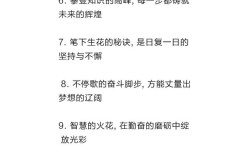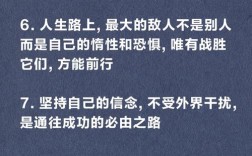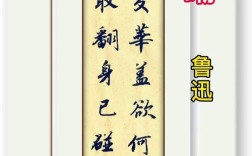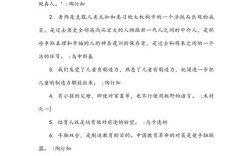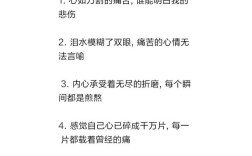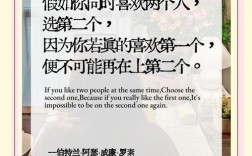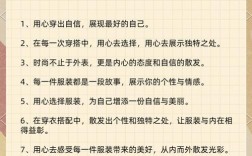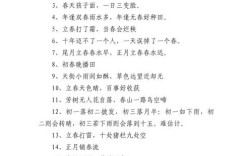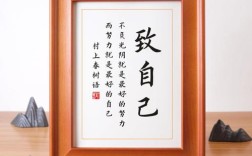The Power of Learning: Wisdom Through Famous English Quotes
Throughout history, great minds have shared insights about learning that continue to inspire generations. These timeless English quotes not only motivate but also offer practical guidance for personal and academic growth. Understanding their origins, context, and application can deepen appreciation for their wisdom.
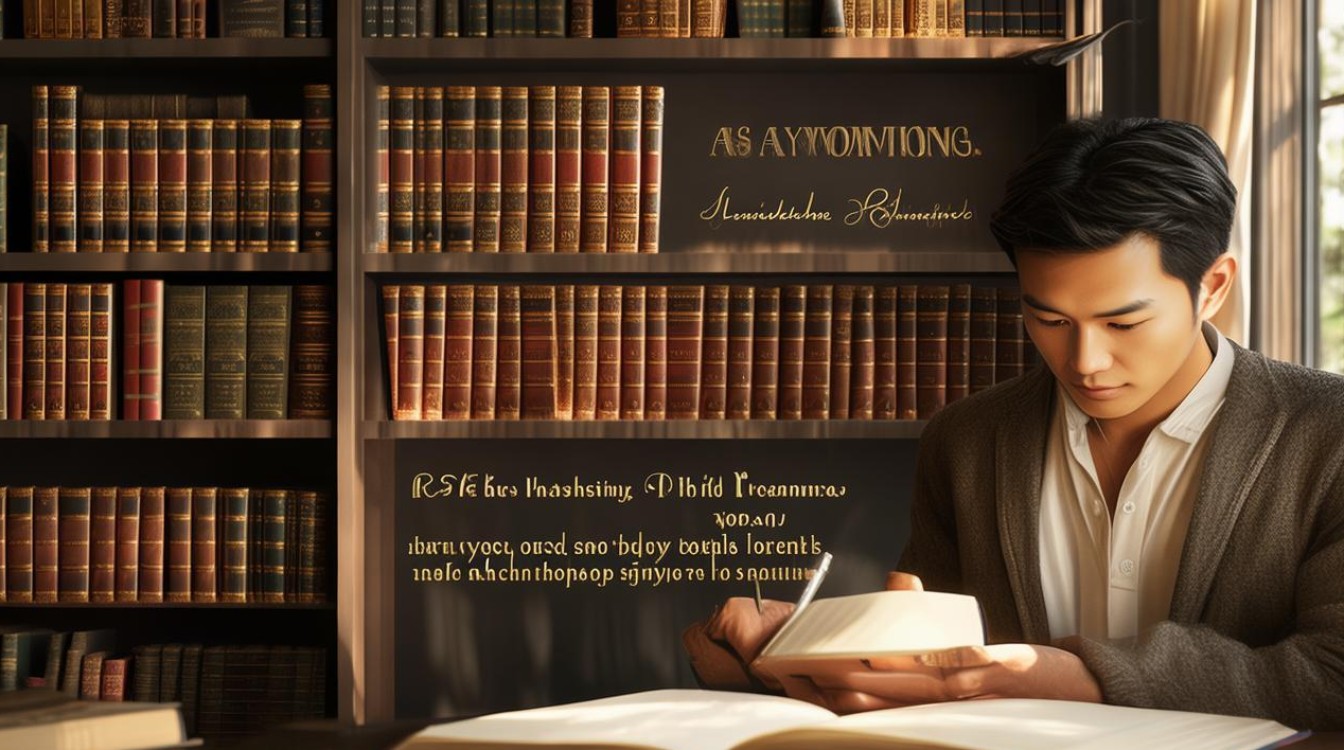
The Origins of Learning Quotes
Many famous quotes about learning come from philosophers, writers, and leaders who shaped intellectual history. For example, Socrates’ famous words, "Education is the kindling of a flame, not the filling of a vessel," emphasize active learning over passive memorization. This idea reflects his teaching method—dialogue and questioning—rather than rote instruction.
Benjamin Franklin’s "Tell me and I forget. Teach me and I remember. Involve me and I learn." highlights experiential learning. As a self-taught polymath, Franklin valued hands-on experience, which influenced his inventions and civic contributions.
The Context Behind the Wisdom
Quotes gain depth when we explore their historical and personal contexts. Nelson Mandela’s "Education is the most powerful weapon which you can use to change the world" stems from his fight against apartheid. His belief in education as liberation shaped South Africa’s post-apartheid policies.
Similarly, Albert Einstein’s "Once you stop learning, you start dying" reflects his lifelong curiosity. Despite his groundbreaking theories, he remained a humble learner, demonstrating that intellectual growth never truly ends.
How to Apply Learning Quotes Effectively
-
Motivation & Mindset
Quotes like "The expert in anything was once a beginner" (Helen Hayes) encourage persistence. Displaying such reminders in study spaces reinforces a growth mindset. -
Teaching & Mentorship
Educators can use quotes such as "A good teacher can inspire hope, ignite the imagination, and instill a love of learning" (Brad Henry) to reflect on their role in shaping students’ futures. -
Self-Reflection
"Learning is not attained by chance; it must be sought for with ardor and attended to with diligence" (Abigail Adams) reminds us that progress requires intentional effort. Journaling or discussing such quotes can enhance self-awareness.
Techniques for Memorizing and Using Quotes
- Association: Link quotes to personal experiences. For example, "The more that you read, the more things you will know" (Dr. Seuss) pairs well with childhood reading memories.
- Visualization: Create posters or digital graphics with quotes to reinforce their messages.
- Repetition: Incorporate quotes into daily affirmations or study routines for lasting impact.
Misinterpretations and Corrections
Some quotes are misattributed or oversimplified. "Insanity is doing the same thing over and over and expecting different results" is often credited to Einstein, but no evidence confirms this. Verifying sources ensures accurate usage.
Another example is "Live as if you were to die tomorrow. Learn as if you were to live forever" (Mahatma Gandhi). While the sentiment aligns with his philosophy, the exact phrasing may be paraphrased.
The Role of Quotes in Modern Learning
In digital education, quotes serve as concise lessons. Social media platforms thrive on shareable wisdom, such as "Success is the sum of small efforts, repeated day in and day out" (Robert Collier). Educators and students alike use these snippets for quick inspiration.
However, deeper engagement—such as analyzing the speaker’s life or debating the quote’s relevance—transforms passive consumption into active learning.
Personal Perspective
Famous quotes about learning distill complex ideas into accessible wisdom. They bridge generations, connecting modern learners with historical thinkers. Yet, their true power lies in application—not just admiration. Whether scribbled in notebooks or shared online, these words become meaningful when they spark action.
The next time a quote resonates, pause and ask: How can this change my approach to learning? The answer might just redefine the journey.

